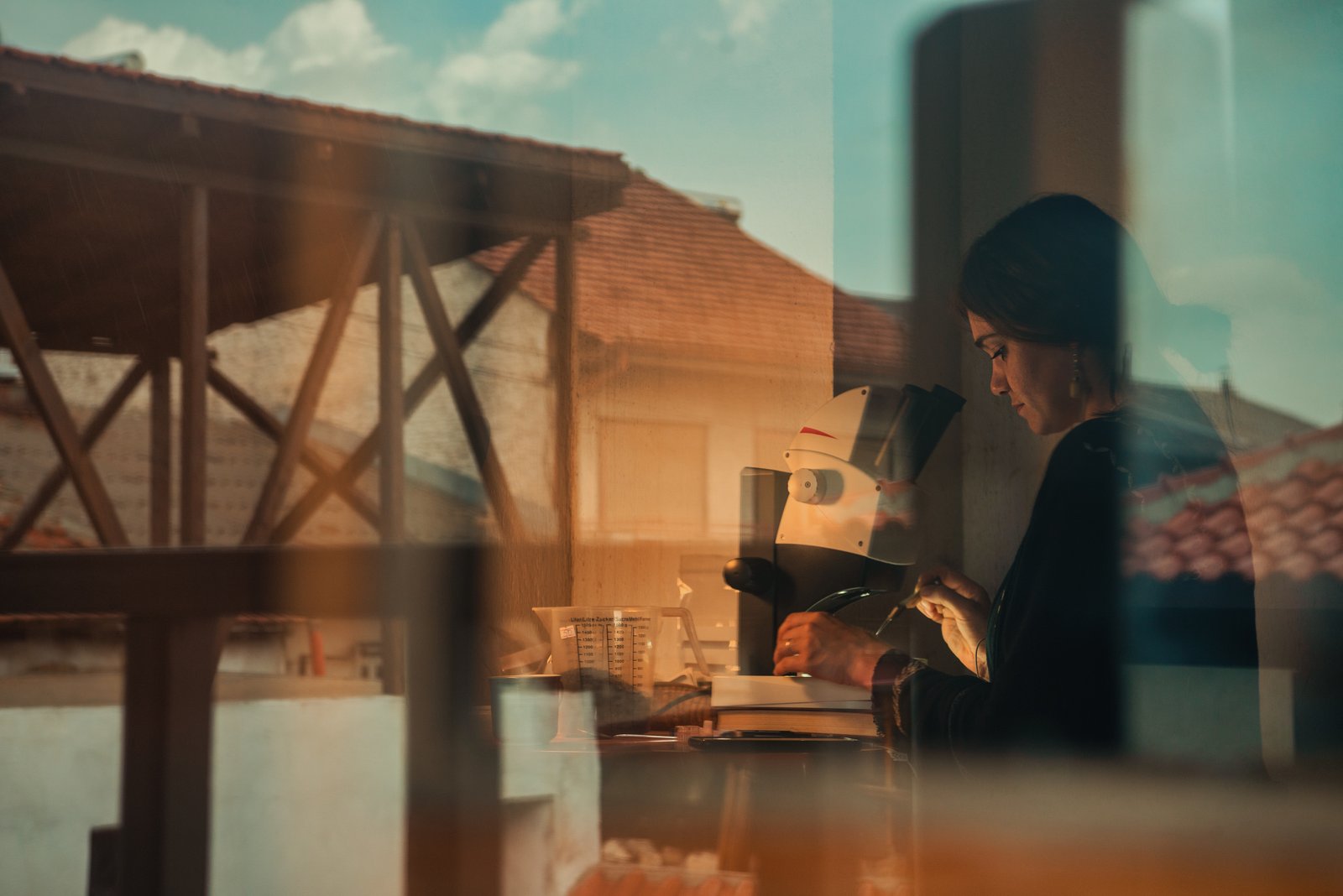Research for Application and Transfer
Transferring and applying scientifically generated knowledge is one of our strategic tasks, as defined in our Statutes. On the basis of its worldwide research activities, the DAI makes key contributions to an international knowledge society, to scientific diplomacy and to foreign cultural and educational policy. Communicating research-based knowledge and providing science-based advice are just as important as international cooperation in application-oriented projects. The potential for application and transfer is generated by our international basic research projects. Conversely, application and transfer in international cooperation generate new approaches for basic research.
KulturGutRetter-Praxistest in Warnsdorf September 2021 - Die Schadenserfassung von Baudenkmalen mithilfe der Apps Qfield und QGIS wird erprobt. © DAI, ZWA // Eva Götting-Martin
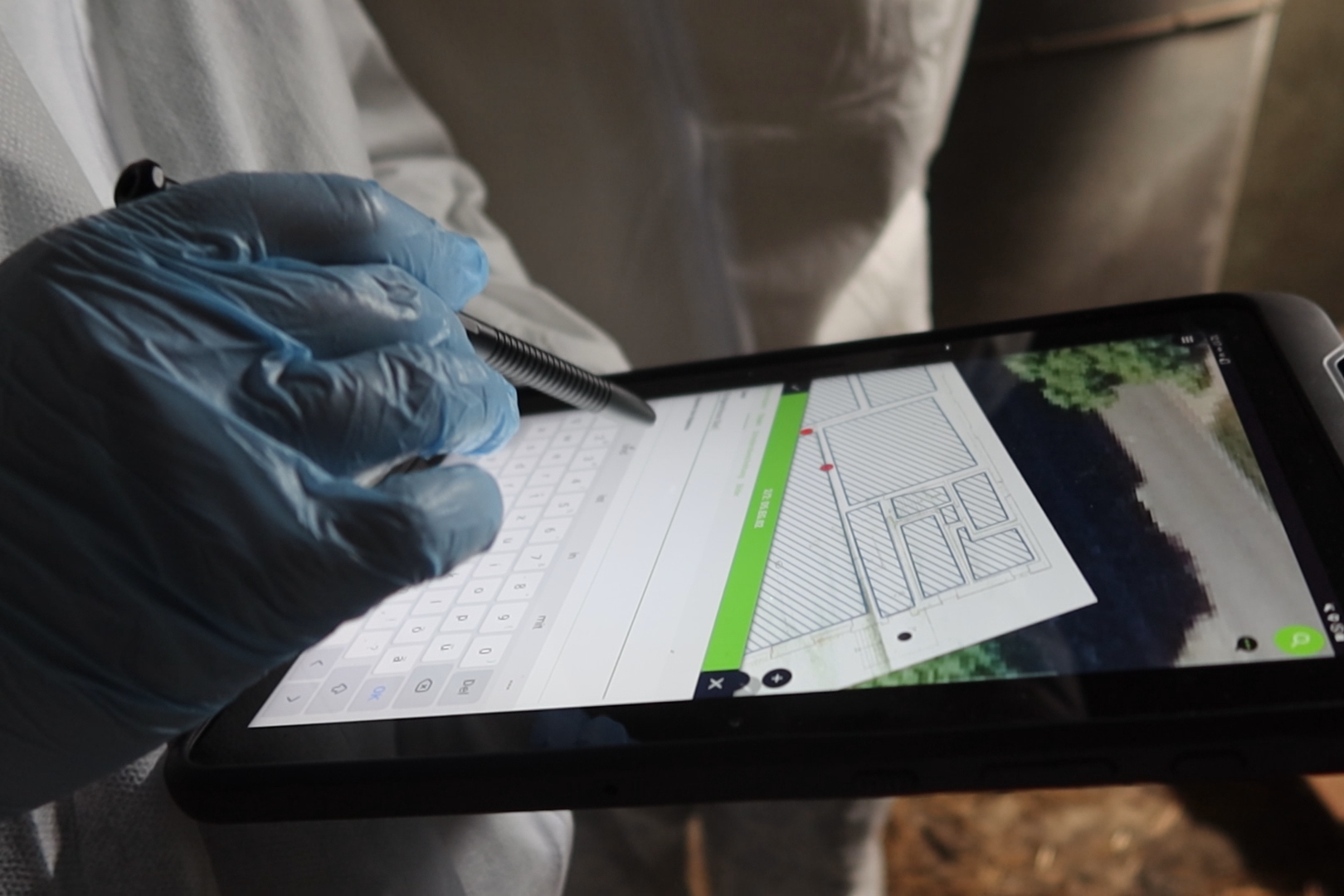
Application & Transfer
Following the broad definition of the Science Council, the DAI combines basic research with application-oriented research. Due to the complexity of the issues involved, research projects are usually carried out together with partners from other fields of research and in cooperation as well as in exchange with actors from practice. The aim is to jointly analyse issues and challenges and to develop ways to better understand and address these. Reflections on possible impacts on society are analysed and used to formulate new research questions.
Entwurf für Informationstafel © DAI Kairo // O. Kassab
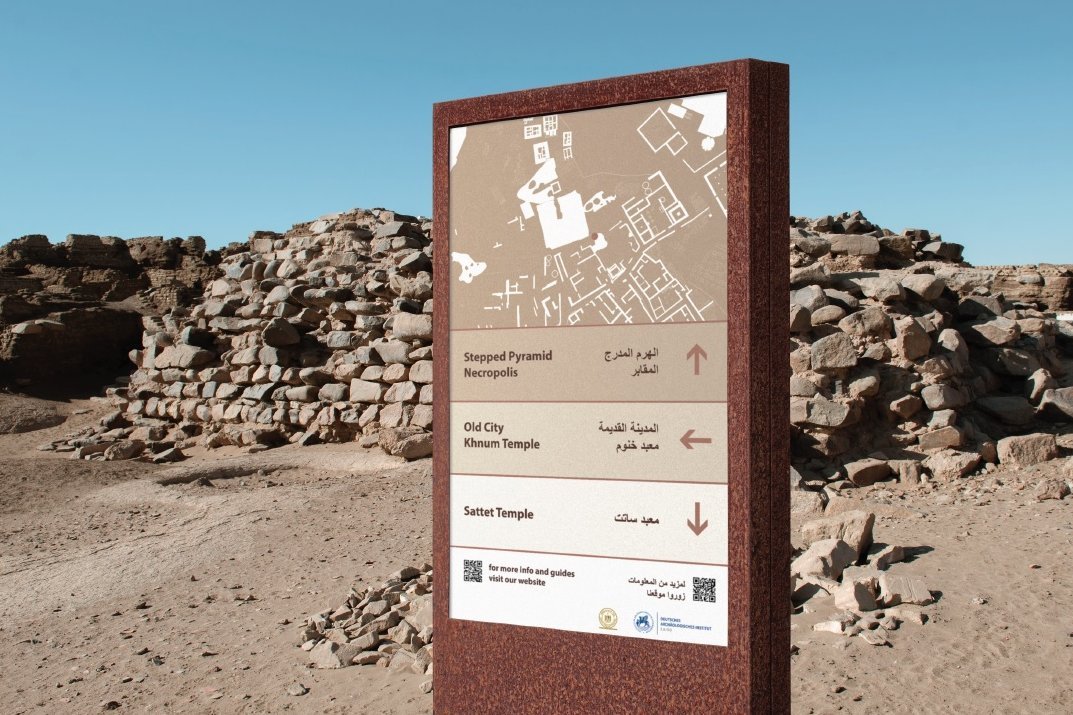
Tourism and Economic Support
The applications of research are many and varied. Concepts for dealing with the excavated or researched site are developed on the basis of research and together with the concrete project work within the framework of national and international guidelines. It does so through consultation and collaboration with local authorities and the community. We combine scientific research, communicating what we know to the public, and developing tourism. This helps to ensure that local and regional economic development is stimulated.
Communication - Participation and Knowledge Sharing
Improving access to education and knowledge worldwide is one of the Sustainable Development Goals of the United Nations. We achieve this goal through open access to knowledge, education and training. In doing this, we are committed to working in a participatory way.
We communicate the results of our research through tourism development activities and the communication of the content of archaeological sites. With the involvement of civil society, we develop concepts for the presentation of cultural assets on the site or in local museums. The involvement of local communities is of paramount importance. It is about acceptance and participation in the value chain. Today, however, ancient cultures must also be the subject of communication to international and diverse target groups. Sites such as the Colosseum in Rome are visited by millions of people every year, while the sanctuary of Olympia is visited by well over half a million people. But the research results are also communicated in Germany, for example by supporting exhibitions. The aim is to convey a picture of the diversity of cultures and societies around the world.
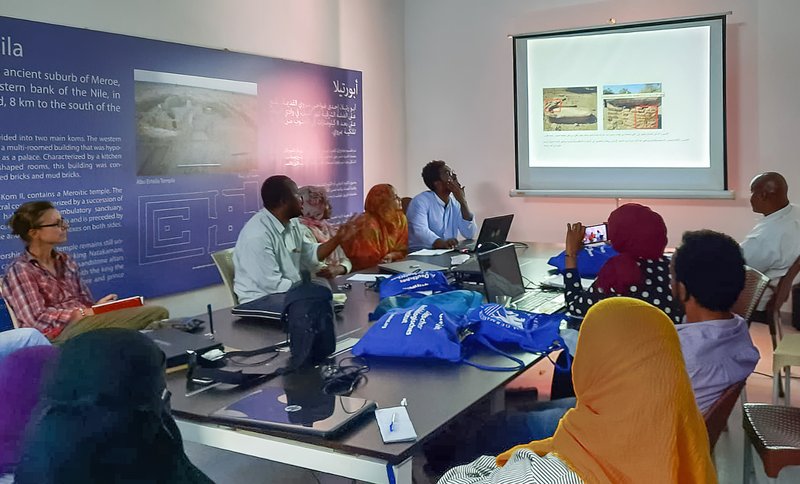
Meroë, Sudan. Die Schulungsteilnehmenden präsentieren erarbeitete Konservierungskonzepte im Visitor-Center von Meroë. © DAI // P. Wolf
Consulting
A central component of our scientific work is not only international scientific exchange, but also scientific advice. We provide advice to a wide range of scientific bodies. These include universities, heritage authorities, museums, funding bodies and many other institutions around the world.
In addition to scientific issues, the focus is always on the protection, conservation and communication of cultural heritage. A very special task is to support our host and partner countries in nominating very special places and landscapes for inscription on the World Heritage List. As a federal agency under the auspices of the Federal Foreign Office, we are called upon by a wide range of political institutions to provide scientifically based advice on issues such as foreign cultural and educational policy, science diplomacy, cultural conservation and many other topics.
